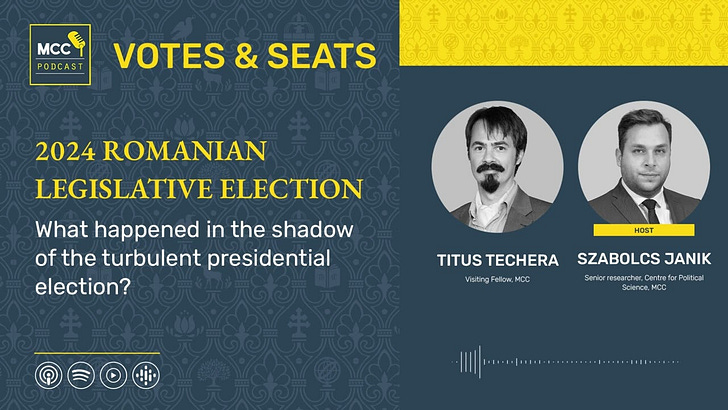I was a guest on the Mathias Corvinus Collegium podcast Votes & Seats, discussing the elections in Romania, as well as the broader context—the wave of populist elections that show great popular unhappiness.
The period of post-Cold War democratic expansion in Eastern Europe ended some 20 years ago (as also around the world). Attempts at further democratic…
Keep reading with a 7-day free trial
Subscribe to PostModernConservative to keep reading this post and get 7 days of free access to the full post archives.



